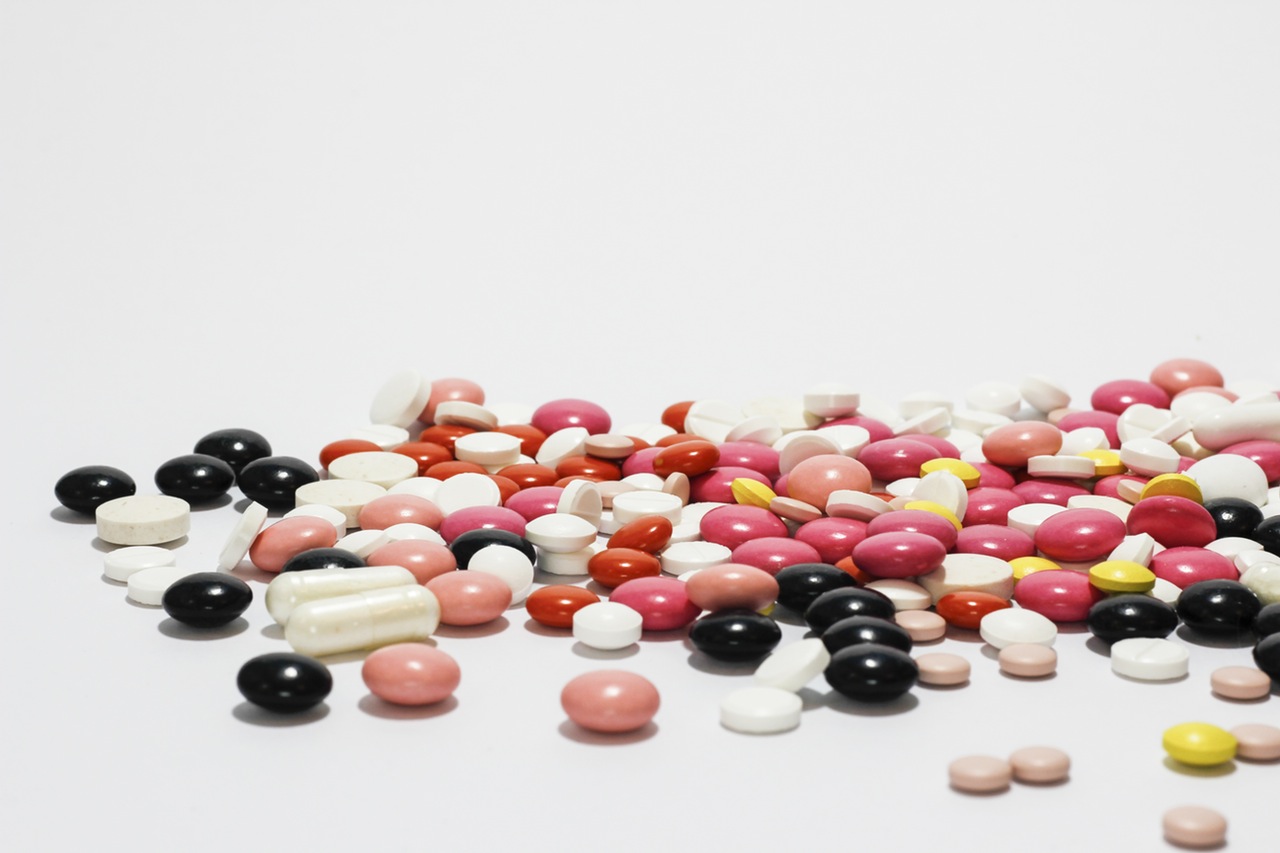The link between Parkinson’s disease and gut bacteria
/The link between Parkinson's disease and gut bacteria
Patrick Lewis, University of ReadingWhat do the contents of your stomach have to do with Parkinson’s disease? A new study from a group of researchers at the California Institute of Technology (CalTech) in Los Angeles suggests more than you might think.
The scientists looked at mice that have been genetically engineered to develop some of the changes in the brain and symptoms that are linked to Parkinson’s disease. This includes the build up in the brain of a sticky protein called alpha synuclein into lumps called Lewy bodies, and the death of cells in a bit of the brain called the substantia nigra (which is important for controlling movement). When this happens in humans, it causes the symptoms that we associate with Parkinson’s, such as shaking or slowed movement. The team at CalTech found that changing the number and type of bacteria in the gut of these mice could influence what happened in the mouse brain.
They used antibiotics to get rid of most of the bacteria in the gut of the mice, or used mice that don’t have any bacteria in their stomachs at all. In these mice, they found that accumulation in the brain of alpha synuclein was decreased. They also found that there was less of an immune response (one of the main ways that the body reacts to damage) in the brain, and that the mice had fewer problems with their movement.
Intriguingly, this isn’t the first time that links between the brain and the stomach have been reported in Parkinson’s. One of the first symptoms of Parkinson’s disease is constipation, which doctors think is caused by the brain cells that control bowel movement dying or going wrong. Another link, which might be important for the experiments from the Californian group, is that the build up of the sticky alpha synuclein lumps that are linked to cells dying in the brain doesn’t start in the brain. It starts in the gut and appears to spread to the brain later.
Important new avenue
Why are these experiments important? At the moment, there aren’t any drugs available that can slow down the progression of Parkinson’s – once you start developing symptoms, they get progressively worse as time goes by. The more we understand what causes the changes in the brain that lead to Parkinson’s, the more likely it is that we can identify a process that we can use drugs to stop or slow down. This will help patients who develop Parkinson’s, or perhaps even stop them developing the disease in the first place.
The results from the mice that had had their stomach bacteria removed means we need to look a lot closer at what is happening in the stomachs of people with Parkinson’s. Perhaps there is a slightly different mix of bacteria in people who develop the disease, or maybe we can change the bacteria in the stomachs of people who have Parkinson’s to slow down the changes in their brain.
It is important to remember that there is a lot of work that needs to be done before we fully understand what these results mean. All of the experiments done by the group at CalTech were done in mice. There are some big differences between the laboratory mice that researchers use to look at Parkinson’s and what happens in humans with the disease, so we need to be a little bit cautious about reading too much into these results. But this is still a very interesting and exciting study, and has the potential to open up a new front in the fight to develop drugs for Parkinson’s.
Patrick Lewis, Associate Professor in Cellular and Molecular Neuroscience, University of Reading
This article was originally published on The Conversation. Read the original article.


